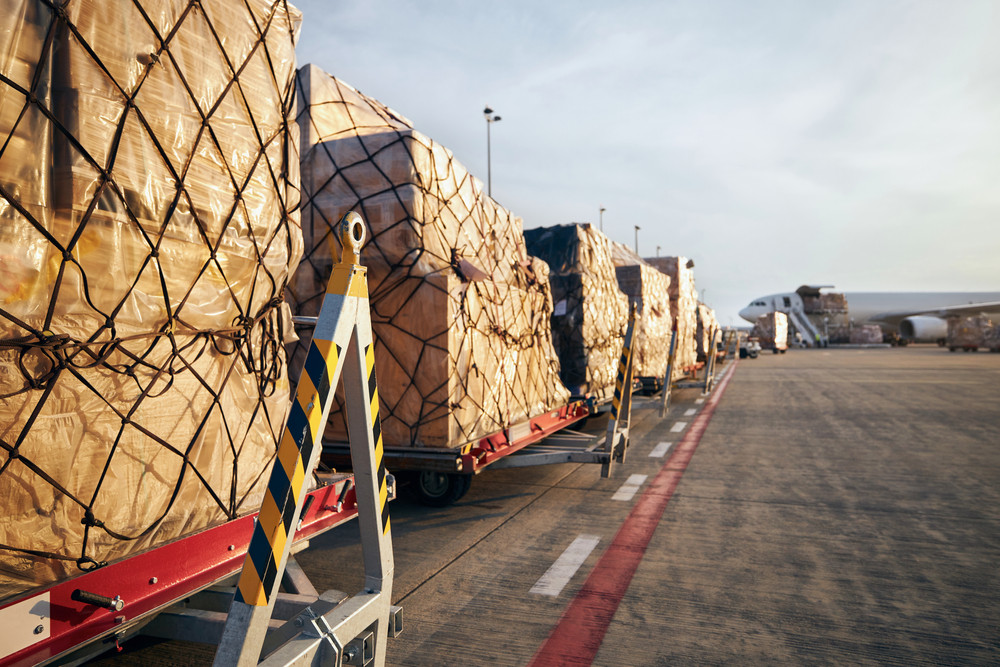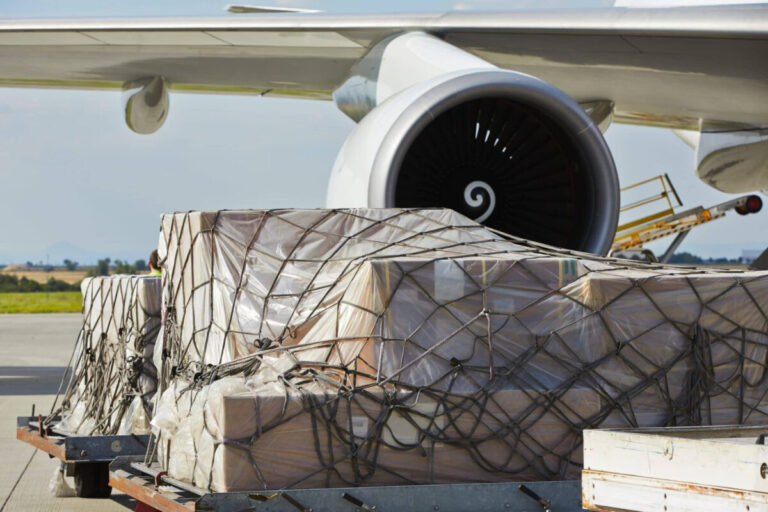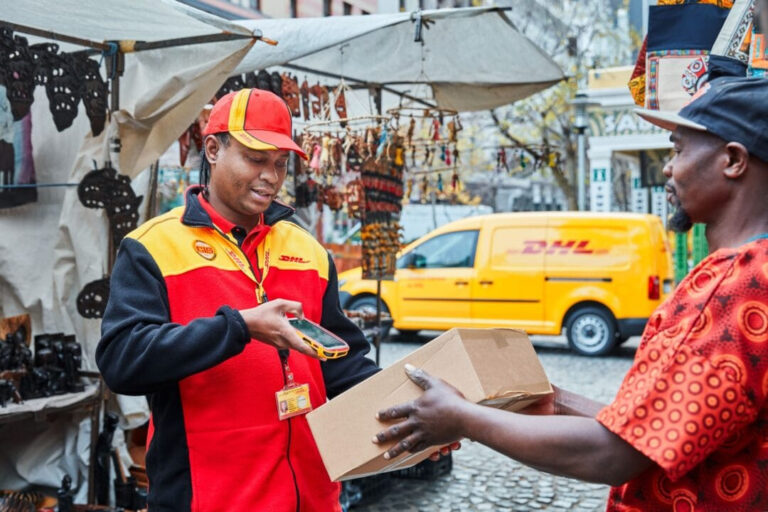
If your customs advertisement says “accessories”, “equipment” or “things”, your shipment may not go soon anywhere.
The European Union has begun to apply an expanded list of banned words and phrases for the Entament Summary Advertisements submitted under the ICS2 ICS2. Objective: Eliminate mysterious and low -quality charging descriptions that undermine customs risk management.
According to the European Commission’s Private UNHCR documents, ICS2 becomes completely compulsory across all transmission modes (air, road, sea, railways) on September 1, 2025.
The list, published by the European Commission, includes more than 200 stopping words, which are now marked as insufficient to present. If used, this will reject the automatic rejection of ENS, forcing Filer to re -send data with improved details.
“As required” you will not fly
Common industry shortcuts and deputy owners, such as “as required”, “see the bill”, “different goods”, or “sample”, outside. Therefore, sweeping categories such as “machines”, “car parts”, “electronics” and even “documents”.
Fires such as “General Cargo”, “Consolidated”, “Consumer Gots” and “Accessories” are no longer acceptable. Even terms such as “gift”, “birthday gifts”, “things” or “elements” are inserted into the blacklist for their failure to transfer any real information about what is inside the shipment.
While some entries were temporarily disabled (such as “glass”, “steel” and “fish”), most of them are implemented in all countries ICS2 and for all types of deposit – including air charges, postal, and quick terminals.
The consequences of the use of these prohibited terms go beyond the rejected deposit. Risk risk to delay in goods during data repair, and customs authorities may issue penalties for non -compliance.
The main problem is the quality of the data. With the numbering of global supply chains and the customs authorities increasingly dependent on the prior examination of access, mysterious shipping descriptions hinder the targeting of effective risks.
The charge listed as “woven” or “tools” does not offer an insight into the origin of the product, nature, or potential safety risks. Customs want details, and general terms are no longer bearing.
Compliance is now a problem in the confrontation line
For joint, airlines and brokers, this is not a theoretical policy – it transforms a practical process. Both deposit and template systems and employee training will need to update.
Wholesale loading systems that still allow phrases such as “aid shipment”, “party accessories” or “bazaar goods” must be reviewed. Even the menus such as “shoes”, “vegetables”, “clothes” or “technology” are marked as very wide.
The suspension menu also affects the details of the sender and messages, and prohibiting entries such as “Private”, “Unknown” or “N/A” in the name or addresses.
This broader transformation reflects a customs environment where it is no longer “good enough”. The authorities require accuracy, up to the names and classifications of specific products – before the goods are mobile.
Change the mentality, not just the formulation
This is not only about switching a few words. It comes to a fundamental shift in how to describe, document and treat air cargo. Trucks can no longer rely on mysterious umbrella terms; They need to provide accurate data at the product level.
ICS2, which aims to improve a security and customs efficiency scan in advance, depends on granular information. This means that the goods described as “bit”, “gizmos” or “mixed goods” will not only put one box – but the entire shipment.
It also indicates an increase in coordination between customs systems and data analyzes. The authorities are moving away from subsequent checks to reach the prior liquidation of access, and public files are simply not cut.
In the eyes of the European Union, “goods” are not describing the goods. No “things”. And “please see the attached bill” is an invitation to see your shipment stuck on the airport runway.
Download an updated list of words/ferries



